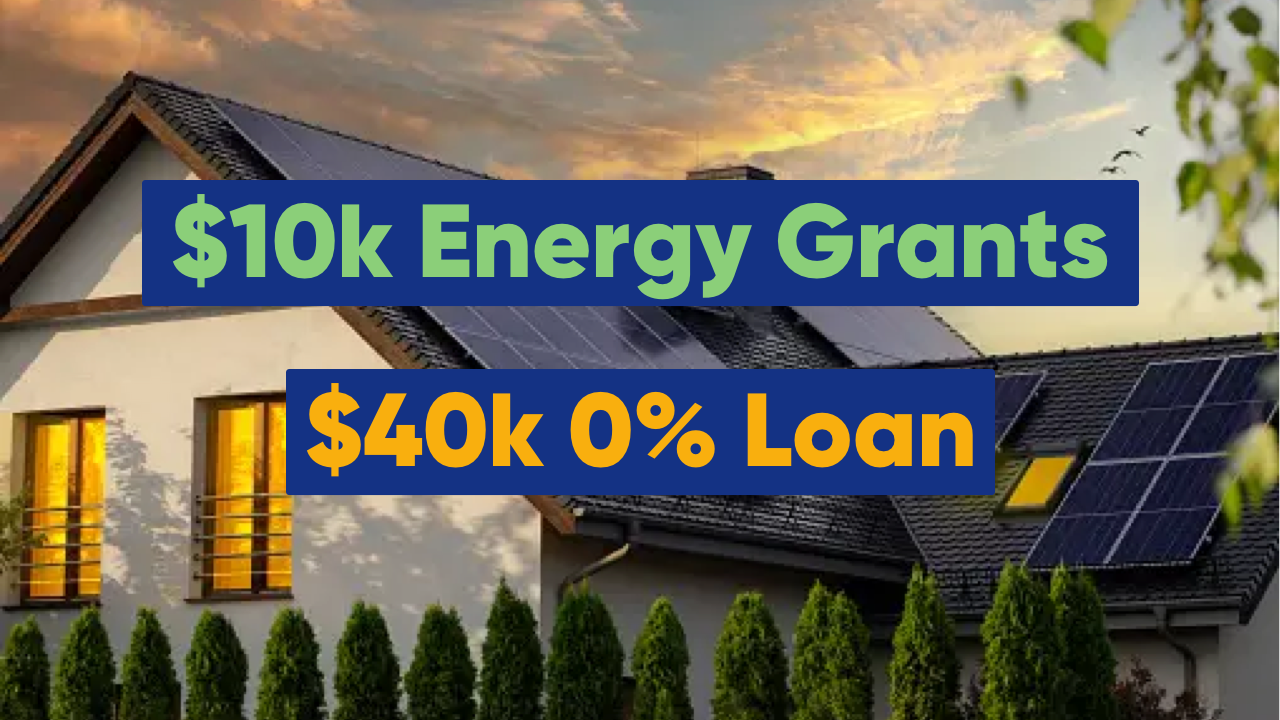From 2008 to 2010, I performed around 200 home energy audits for Carson Dunlop as a certified Energy Advisor, under the Eco-energy program. At the time, homeowners were given federal grants and rebates for performing energy efficient upgrades in their homes.
That program eventually fizzled.
Well, a similar program might be around the corner. This time, it's a little different - it won't be voluntary. Let me explain.
Last summer, Ontario quietly announced its Climate Change Action Plan. A 7 billion dollar (yes - billion with a "B") initiative to kick start the green economy and cut emissions. I won't get into details of the plan, but you can read more about it in the link below. (1)
The lion's share of this money is going to retrofitting the building industry, large and small. This includes all types of buildings - residential, commercial, industrial, institutional, etc.
Mandatory Energy Audits
To get even more granular, some of this money is going to subsidize mandatory energy audits to homes that will be listed on the market.(2)
The argument is that anyone buying a home should know how that house is going to perform from an energy efficiency perspective, since that will have long term implications on the cost of operating the home.
These audits will be performed by a third party, and then your home will be given a score under a federal system called Home Energy Rating and Disclosure (HER&D).
There's no obligation for any work to be done to improve the home, but the house is given a grade on its efficiency.
Think of it like branding your home, instead of a cow.
The energy rating index might look something like this
Making energy audits mandatory is not a new idea. It's currently being implemented in Europe, and many places in the US, including Austin and Chicago. Here in Toronto, the idea was introduced in 2009, and immediately got quashed swiftly by the real estate and seniors lobby.
This time, it's coming back and looking to stay.
How Does This Affect You?
This is where you may have concerns if you are listing a property or potentially even trying to extract equity out of the property when refinancing. Even though the government will likely foot the bill for the audit (probably around $300), there will still be other more important implications.
If you're now forced to reveal the efficiency level of your home with a score, and how much it's going to cost to operate over the long term, that can affect the value of the property.
In today's market, it probably won't matter too much. However, I suspect that if you have two comparable houses, one of which is over performing in its energy rating, and the other under performing, there will be a difference in price.
It might mean one goes for 100k over asking, and the other one going for 80k over asking - but still a difference.
Even if the perceived value from a home buyer doesn't change, a value assigned to your property may be used as a criteria from stakeholders such as lenders when assessing the value of your home. This may mean an additional metric for appraisals either during purchase or refinancing.
What Should You Do?
Nothing right now. I'm really just getting you prepared for this as something inevitably coming down the pike.
At that point, it might be prudent to address some issues that can impact your property's score if you're looking to sell. The best thing to do is look at maximum improvement for minimal cost.
We might be facing a situation where a home's energy score will be lower if you do nothing, and higher if you do a minimal amount. The key is to figure what the best approach is.
In Europe, where mandatory audits are widespread, "a one-level rating increase in a home's rating has increased the resale value by two per cent to eight percent". I don't think we'll get those numbers here, since Europe is a lot more energy conscious, but it's still worth noting.(3)
As an Energy Advisor, I would often recommend to homeowners the "low hanging fruit" rather than spend money on the big upgrades if it wasn't necessary. These would be more along the lines of things like insulation and water reducing fixtures.
Also, easy fixes such as sealing up the house offers a sizable improvement, since the amount of air leakage revealed from a blower door test weigh heavily on the overall score. This stuff isn't sexy like geothermal or solar panels, but they get the job done.
As we approach the arrival of this government mandate, I'll provide more detailed information about what things you should watch out for, which incentives you can benefit from, and what are the best uses of your resources.
Be Prepared
Regardless of your political and environmental views, these policies are happening. We do however, need to be aware of them, and act accordingly. It's in our best interest to pivot in the right direction, and do what's best for ourselves regardless of which policies get put in place.
So in the wise words of Uncle Scar......


































